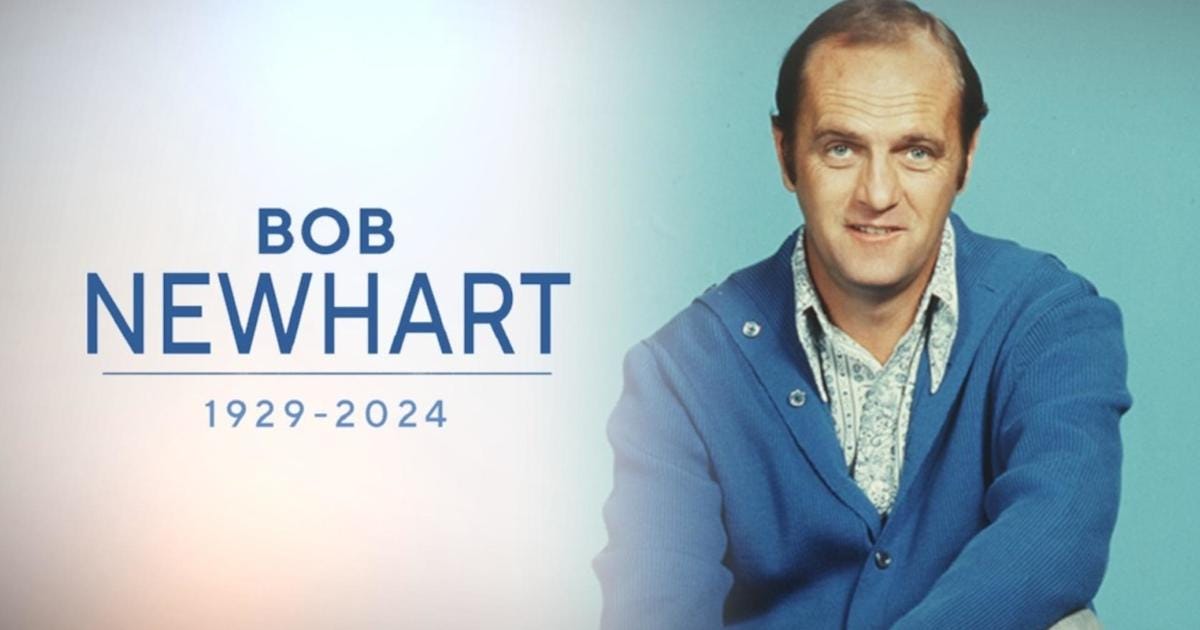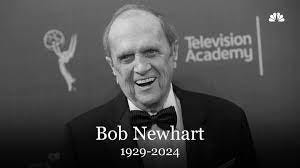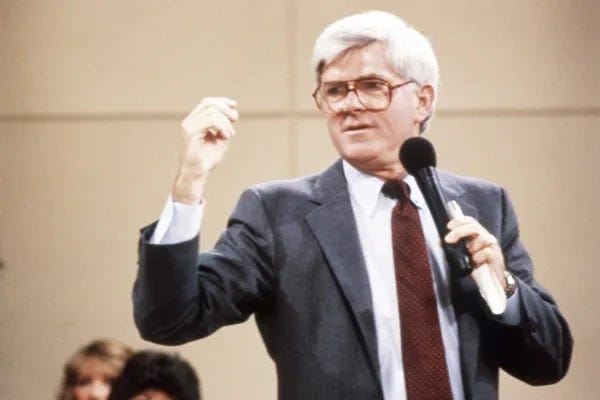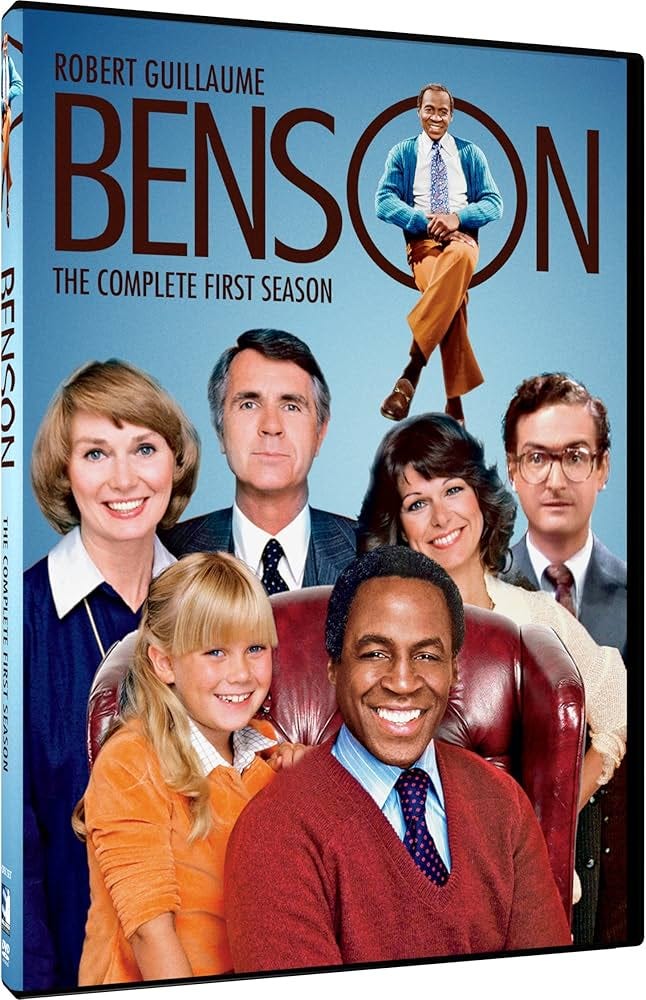The obituaries I wrote in 2024 and why they are so important
Describing the impact of a groundbreaking person's life can shed light on a great many other things
One of the oddest yet surprisingly satisfying tasks at NPR, is pulling together an advance obituary for a notable person.
It’s a bit of newsroom magic which allows us to memorialize well-known people who have died quickly and accurately (shout out to Neda Ulaby, my pal and longtime colleague who does an amazing job editing and wrangling all the obituary assignments for NPR). For big name celebrities advanced in age – say, 80 years old and above – we often pull together obituary-style tributes in advance, so we are ready whenever the inevitable happens.
Sure, it sounds a bit creepy. But when I actually did it, I realized I was getting a chance to provide an analysis summing up why some of the most enduring names in television, music and media had such an impact.
This year, as this roundup of NPR obituaries reminded me, I had the privilege of saluting some incredible figures – in one case, using clips from an interview I had conducted with them years earlier.
Bob Newhart
I never got to meet the buttoned-down comedian, though I always admired his work. My tribute to him published in July: “Much of his success, according to Newhart himself, came from one mannerism: his stammer. The stammer made Newhart sound like an everyman, even as he was slyly proving he was the most hilarious person onstage. In a 2014 PBS documentary, Newhart recalled a TV producer asking him to speak faster once during a scene. Newhart told him: ‘This stammer has gotten me a home in Beverly Hills, and I'm not about to change it.’"
CLICK HERE to read the full tribute
Phil Donahue
I interviewed the talk TV pioneer several years ago, to commemorate the 20th anniversary of the 9/11 attacks, because that crisis spurred him to host an MSNBC show where he relentlessly attacked the Iraq War, until the cable channel canceled him. He still seemed stung by MSNBC’s actions when we talked 20 years later – an interview which took a little time to get going as I coached him and his longtime wife, actress Marlo Thomas, through how to unmute a Zoom call, like my celebrity grandparents.
“I grew up in this game with stars in my eyes,” Donahue told me in 2021. “I always admired mainstream media types. They went right for the jugular. It appeared to me they didn’t have to be popular. They just had to be aggressive and have their facts straight.”
CLICK HERE to read the full tribute
John Amos
I’ve written before how Amos, who played patriarch James Evans Sr. on the classic sitcom Good Times, showed me what it was like to grow up with a father when I watched the show as a child, raised in a home where my dad wasn’t living with us.
Amos got fired from Good Times after objecting one too many times over the show’s increasing emphasis on James’ shallow-yet-entertaining son, J.J. ““I felt too much emphasis was being put on J.J. and his chicken hat and saying ‘dynomite’ every third page,” Amos told the Archive of American Television in a 2014 interview. “But I wasn’t the most diplomatic guy in those days. And they got tired of having their lives threatened over jokes…That taught me a lesson. That I wasn’t as important as I thought I was to the show or to (Executive Producer) Norman Lear’s plans.”
CLICK HERE to read the entire tribute
Tina Turner
Last year, I was honored to host an episode of the NPR podcast Consider This which paid tribute to the Queen of Rock ‘n’ Soul after her death, based in part on an obituary tribute I had written for All Things Considered.
In the HBO documentary Tina, Turner explained why – even though she’s written several books, executive produced a movie and supported a Broadway musical based on her life – she still found it difficult to talk about a history which included serious abuse by ex-husband Ike Turner. “I'm not so thrilled about thinking about the past. The (autobiography I, Tina) was actually written so that I would no longer have to discuss the issue. I don't love that it's always talked about, you see.”
CLICK HERE to read and hear the entire tribute
Robert Guillaume
Turns out, one of the best ways to become familiar with NPR’s production processes is to assemble an advance obituary. So when I first started work at NPR 11 years ago, one of the first things I did was work on three tributes, including one for Guillaume, a Broadway star who became a household name playing Benson, the butler in a satire called Soap who eventually got his own spinoff series and became lieutenant governor.
Guillaume, who is Black, told the Archive of American Television he initially struggled to keep the character of a Black butler from coming off as a stereotype. “I was thinking all along, how am I going to do this? I'm going to be playing the very thing I don't want to play, I never got in the business to play. So I began to try to find things within the script that would allow me to do this character.”








One woman.